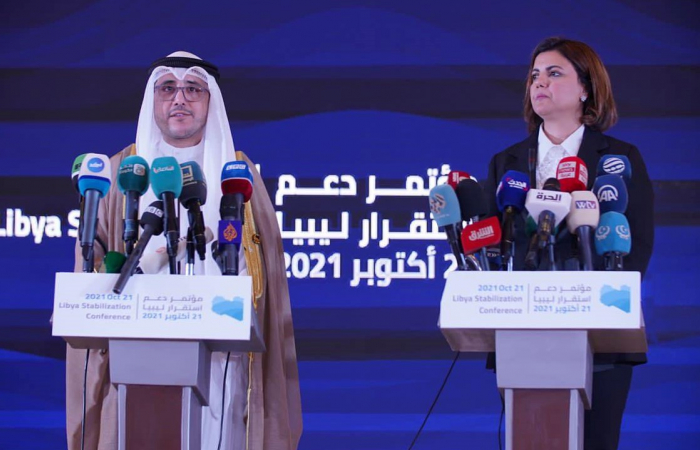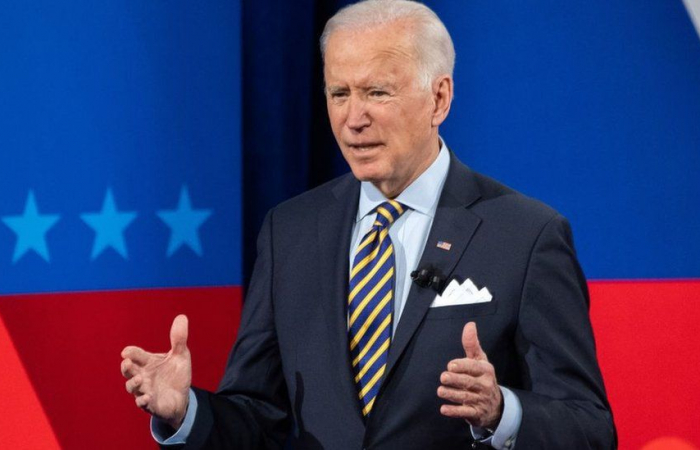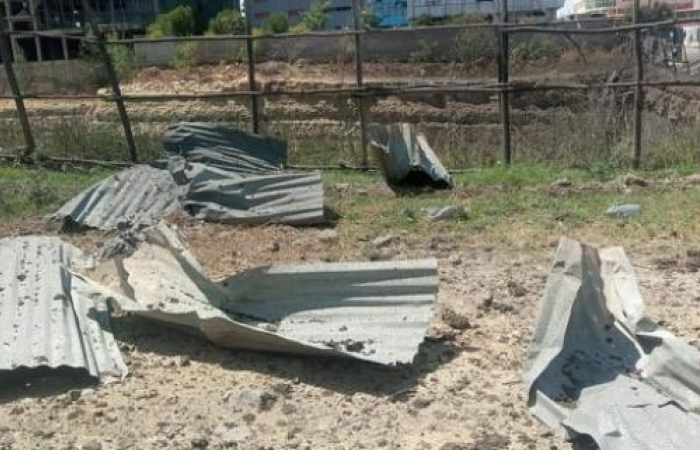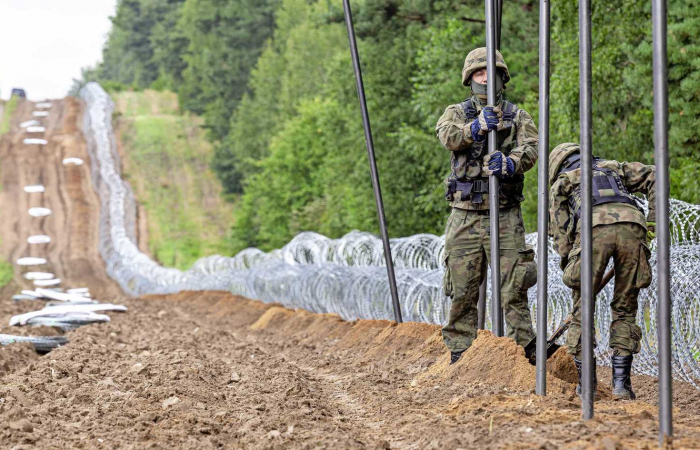Trending
Kuwait plans to pardon dissidents
25 October 2021
Kuwait’s emir Sheikh Nawaf al-Ahmad al-Sabah has initiated an amnesty process to pardon political dissidents and critics as part of wider political reforms in the country. The amnesty decision is expected to include the self-exiled parliamentarians who fled imprisonment after taking part in the 2011 storming of the parliament over alleged corruption and mismanagement by the government.










